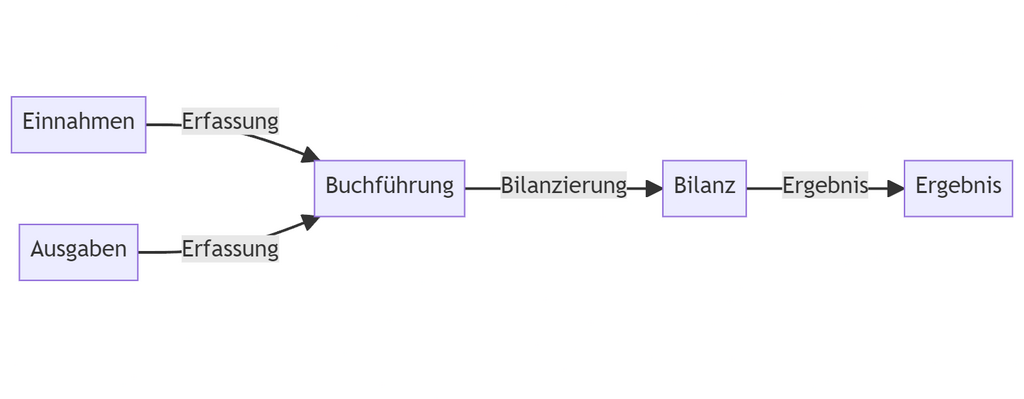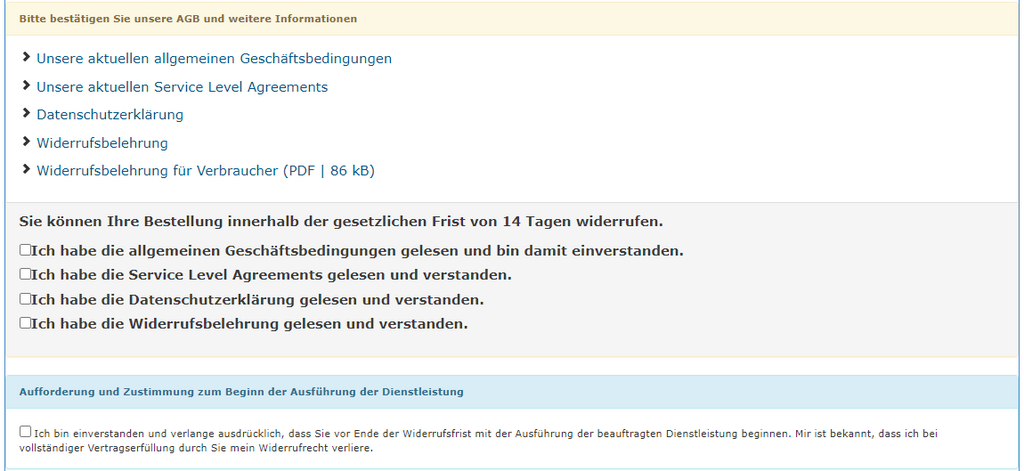WHMCS is a widely used software for managing web hosting and other online services. Although it is used worldwide, there are some challenges in Germany that make it difficult to use WHMCS with the standard tools. In this article we will discuss these challenges and present solutions that will allow German users to use WHMCS effectively.
Challenge 1: Inadequate PDF Invoice Template
The standard PDF invoice template from WHMCS does not contain all the necessary information such as tax number and bank details. This can lead to legal problems, as in Germany certain information on invoices is required by law.
Solution: There are two main solutions to this problem. The first is the WHMCS PDF Invoice Template by Plambee, which is available for 24,95 € and extends the PDF invoice template with all necessary information. The second solution is the lexoffice module from Becker Software, which completely replaces WHMCS Accounting with the market-proven software lexoffice. This module is more expensive at €8.50 per month, but offers a more comprehensive solution.
Challenge 2: Insufficient export options for the tax advisor
WHMCS does not provide sufficient export options for the tax consultant in DATEV format. This can complicate communication and cooperation with the tax advisor and lead to errors in accounting.
Solution 1: The use of connected accounting systems such as lexoffice or sevDesk can provide a remedy. We offer suitable solutions for both software solutions WHMCS Modules an.
Solution 2: The Plugin Tecsee WHMCS 2 DATEV offers a solution to this problem. However, with a price of €1,188.81 (as of 05.07.2024), this solution is aimed more at medium-sized and large companies.
Challenge 3: No support for DATEV's standard account framework SKR03/SKR04
WHMCS is not an accounting program, but it provides transactions and posting capabilities.
Solution: There are two ways to solve this problem. The first is to export receipts and transactions and have the tax consultant post them. The second option is to independently connect WHMCS to an accounting program such as sevDesk or lexoffice. This can mean more effort, but offers the advantage of having a transparent insight into one's current finances and being able to plan better. Becker Software offers modules for lexoffice and sevDesk an.
Challenge 4: No possibility of double-entry bookkeeping
In Germany, the double-entry bookkeeping for companies preparing the balance sheet required by law. Without this ability, it can be difficult to properly manage and monitor the company's finances.
Here, unfortunately, a user has no other option than to resort to an external accounting program such as sevDesk or lexoffice. The possibility of double-entry bookkeeping in WHMCS does not exist.

Challenge 5: No legally compliant order form
The standard WHMCS order forms do not contain all the necessary legal information, such as the revocation statement and privacy policy. This can lead to legal problems, as in Germany certain information on order forms is required by law.
Solution: One possibility is to implement checkboxes on your own. Another solution is offered by the checkout form from Hosting Station 55which is available for €14.95 per month or €199 per year.

Challenge 6: English email templates only
By default, WHMCS email templates are only available in English and require extensive translation. This can lead to communication problems with customers who speak little or no English.
Solution: Plambee offers a German translation of the e-mail templates. Installation is possible via copy-and-paste or as an automated script. The latter requires some technical know-how. The texts are available for €9.99 in Plambee's online store.
Challenge 7: WHMCS admin area in English only
By default, the WHMCS admin area is only available in English, which can be problematic for employees who know little English. This can affect the efficiency and productivity of employees.
Solution: Plambee offers a German translation of the WHMCS admin area.
Challenge 8: Little integration of German payment providers
WHMCS does not offer integration of German payment providers such as SOFORT or Giropay by default. This may affect customer satisfaction and loyalty, as customers may not be able to use their preferred payment methods.
Solution: Plambee offers various payment providers such as SOFORT, Giropay or Paysafecard as purchasable modules.
Challenge 9: GoBD violation with the setting of dunning fees
WHMCS adds reminder fees to existing invoices, which is a violation of GoBD. This can lead to legal problems and penalties.
Solution: A free code snippet from Dennis (Plambee.de) published on the WHMCS forum solves this problem by creating an extra reminder fee invoice. Here, the in-house WHMCS system must remain deactivated, otherwise the fee calculation will be done twice. You can find the code snippet here.
Challenge 10: Credit system
The credit system of WHMCS in Germany can be confusing for customers and makes accounting complicated. This can lead to errors in accounting and affect customer satisfaction.
Solution: It is recommended to disable this function.
Challenge 11: No AV contract integration
Without AV contract integration, data protection problems can arise for providers. This can lead to legal problems and penalties, as data protection in Germany is strictly regulated.
Solution: Plambee offers an AV module with which customers can independently create and download the contract via the customer center. The AV contract itself is not included and must be inserted manually. The module can be purchased for €59.95 or rented for €6.99 per month.
Summary
In summary, the use of WHMCS in Germany presents some challenges. Fortunately, there are solutions to most of these challenges that allow WHMCS to be used effectively and in a legally compliant manner in Germany. It is important to be aware of these challenges and solutions to ensure that your organization can take full advantage of WHMCS while complying with German laws and regulations.
We hope that this article will help you to make better use of WHMCS in Germany. If you have further questions or need support in implementing these solutions, please do not hesitate to contact us.







